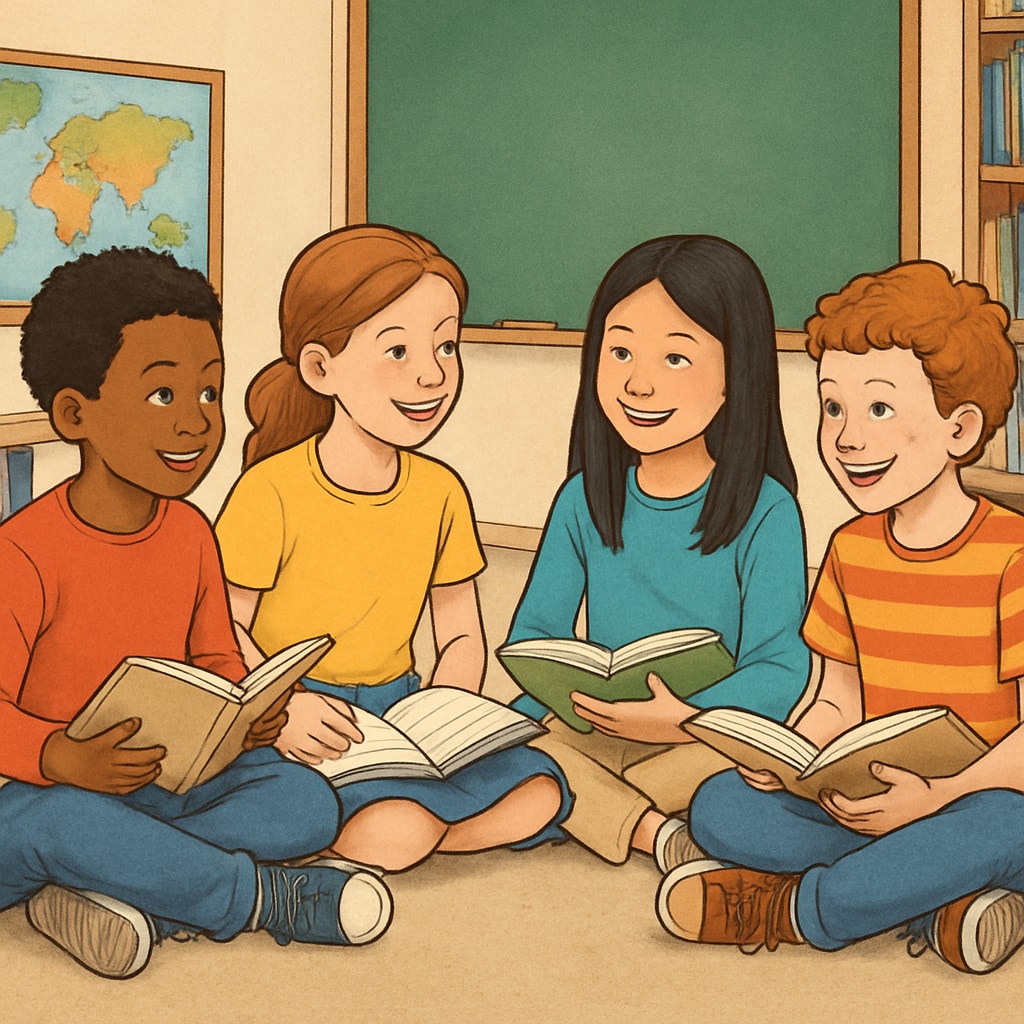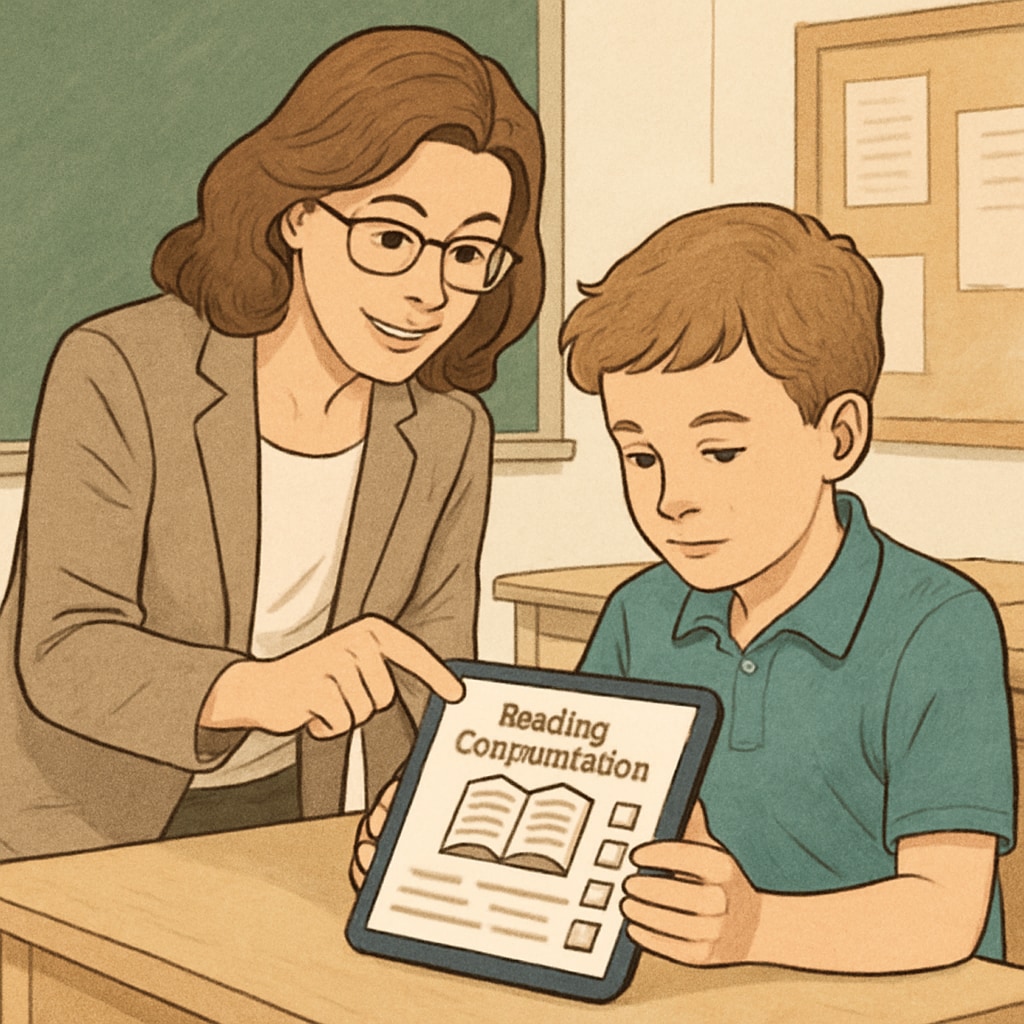For many educators and parents, fostering reading comprehension, AR points, and reading interest in 4th-grade students is a top priority. While the Accelerated Reader (AR) program has long been a popular tool for measuring comprehension and incentivizing reading, not all schools or families can afford its costs. Fortunately, there are free tools that can serve as excellent substitutes, offering engaging and effective ways to nurture a love for reading. In this article, we present four free alternatives to the AR points system and strategies for implementing them in classrooms or at home.
Why Move Beyond AR Points for Reading Comprehension?
The AR point system has its merits—it encourages students to read books at their appropriate grade level and tests their understanding. However, reliance on AR points can sometimes overshadow the intrinsic joy of reading. Some students may feel pressured to “earn points” rather than genuinely connect with the stories or texts. Free tools offer a more flexible and inclusive approach, making reading enjoyable while still tracking progress.

Top Four Free Alternatives to AR Points
Below are four excellent, cost-free tools that can help educators and parents inspire 4th graders to improve their reading comprehension and cultivate a lifelong love of books.
- ReadTheory: This platform offers personalized reading comprehension exercises tailored to each student’s skill level. Students can read short passages and answer questions, gradually advancing as they improve. The program provides detailed progress reports for teachers and parents. Learn more about ReadTheory.
- CommonLit: CommonLit provides a library of free reading passages with comprehension questions. The materials are organized by grade level and topic, making it easy to align with curriculum requirements. Teachers can create accounts to track performance. Check out CommonLit.
- Newsela: This tool transforms real-world news articles into grade-appropriate reading materials. Students can choose topics that interest them, from science to current events, ensuring engagement. Teachers can also assign articles and monitor comprehension. Explore Newsela.
- Storyworks: Developed by Scholastic, Storyworks offers free reading resources, including stories, nonfiction articles, and activities. While a subscription provides additional features, the free materials are highly engaging and educational. Visit Storyworks.
How to Implement These Tools Effectively
Incorporating these free tools into daily learning routines doesn’t have to be overwhelming. Here are some tips to make the transition seamless:
- Set Goals: Encourage students to set personal reading goals, such as completing a certain number of passages or exploring new genres each month.
- Mix It Up: Rotate between platforms to keep the activities fresh and prevent boredom.
- Celebrate Progress: Recognize achievements with non-competitive rewards, like certificates or extra storytime sessions.
- Engage Families: Share access to these tools with parents, so they can support reading at home.

Conclusion: Foster Lifelong Reading Enthusiasm
While AR points have been effective for many schools, free tools like ReadTheory, CommonLit, Newsela, and Storyworks offer innovative ways to nurture reading comprehension, AR points, and reading interest simultaneously. By using these alternatives, educators and parents can create a more enjoyable and accessible reading experience for 4th-grade students. Ultimately, the goal is to instill a love for reading that lasts a lifetime.
For additional insights on reading strategies and tools, explore reputable sources like Reading Comprehension on Wikipedia or Reading in Education on Britannica.
Readability guidance: Use short paragraphs and bullet points to summarize key ideas; ensure a smooth reading flow with transitional words; keep passive voice and long sentences to a minimum.


